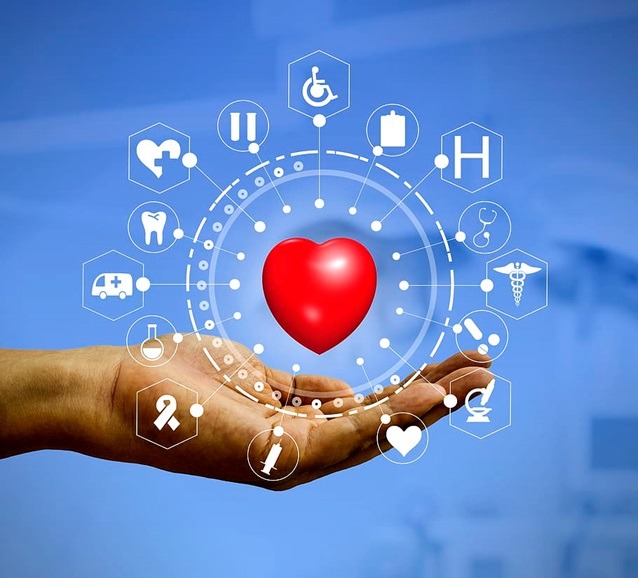In the age we find ourselves, healthcare is now a major priority for everyone. Patients often need immediate access to current health information at all times. Healthcare professionals and organizations are constantly on the lookout for programs that will help streamline care delivery while also speeding up their practices and increase their patient outcomes.
This is where healthcare programs come in to solve this on-hand demand of information and efficiency. The demand for healthcare applications all over the globe is so high that analysts say that the industry would expand to at least a compound annual growth rate of about 5.8% by 2025. However, most of the time, off-the-shelf applications do not cut it and this is why most organizations would prefer custom software. While most prefer custom healthcare software development, they may be unaware of some of the basics that make it better.
Therefore, this article would serve as a guide to anyone that wants to learn more about custom healthcare software development.
Definition of Healthcare Software
This term covers several types of applications. However, in general, healthcare software is used to describe any knowledge-based information technology development service that offers assistance, decision advice, and support to medical professionals.
With these systems, patients are provided with a higher treatment level also, and the management aspect of operations is largely optimized. We must note that these systems are not developed to remove professional human practitioners from healthcare decisions.
Types of Medical Software
We can classify healthcare applications into two broad categories:
- Patient Apps: Under patient apps, we have fitness, diet, medication, appointment scheduling, mental health, diabetic management, diagnosis apps, and so on.
- Medical Specialist Apps: Under this, we have telemedicine, professional networking, electronic prescription, clinical assistance, and so on.
Why Go for Custom Healthcare Software?
As is with all traditional software, off-the-shelf programs for medical organizations most times do not meet the specific need of the medical organization. You can visit https://diceus.com/difference-between-custom-software-and-off-the-shelf-software/ to find out the major difference between custom and off-the-shelf software.
If your organization needs a custom medical application then there are two options available to you. Your organization may either:
- Use an open-source platform to customize a solution for the organization. These platforms are so many and readily available that getting one that would fit your needs should not be difficult. Not much coding is needed for this so you or anyone else that is tech-savvy can handle it.
- Outsource the whole process to any reliable IT agency that would handle the entire development process.
Features a Medical App Must Have
If you decide to build the app by yourself, then these are the following features that the app must have:
- Sign up
- Scheduling and appointments
- Tracking
- Push notifications
- Payment
- Geo-locations
- Real-time chatting
- Reviews and Ratings
Benefits of Custom Healthcare Software
Apart from the fact that bespoke software would fit the organization’s need to the last details, there are also other benefits attached to it. Below are some of these benefits:
1. You Get a Multi-Platform and Integrated System
With a bespoke application, you can integrate all daily workflows into one platform. That is, many complicated and basic processes like banking, OPD, human resources, inventory, and so on can be synchronized into one location.
2. Advanced Diagnosis
Technology and software development can be used to revolutionize the medical field in terms of innovative diagnosis and optimized operations management.
3. Data Privacy and Security
The data produced by the medical industry daily is quite large and some of these pieces of information are customer-sensitive. This is why information protection is a major feature that cannot be missing in anything relating to this field.
A rule called the HIPAA Security Rule has been put in place to ensure that all health information given via electronic means is protected. Click here to learn more about the HIPPA Security Rule. But, when you use an off-the-shelf program, you are not completely assured that the information given on the app will be fully protected.
However, with a bespoke program, you can rest assured that all information entered into the app is protected from data breaches and malware threats. A customized program would help the patients feel safer about sharing personal information.
Conclusion
Healthcare is a major priority for everyone in today’s world. Luckily, with technology revolutionizing every sector of life, we can boast of being ready for most basic medical situations with just our mobile phones. This has been made possible through medical applications. Therefore, every medical facility needs one of these.
There are two options available to medical facilities looking to get an application to accommodate both the staff and patients of the facility, off-the-shelf and custom software. Custom software is considered to be the better option, therefore, in this article, we have discussed some of the basics of customized medical applications.


